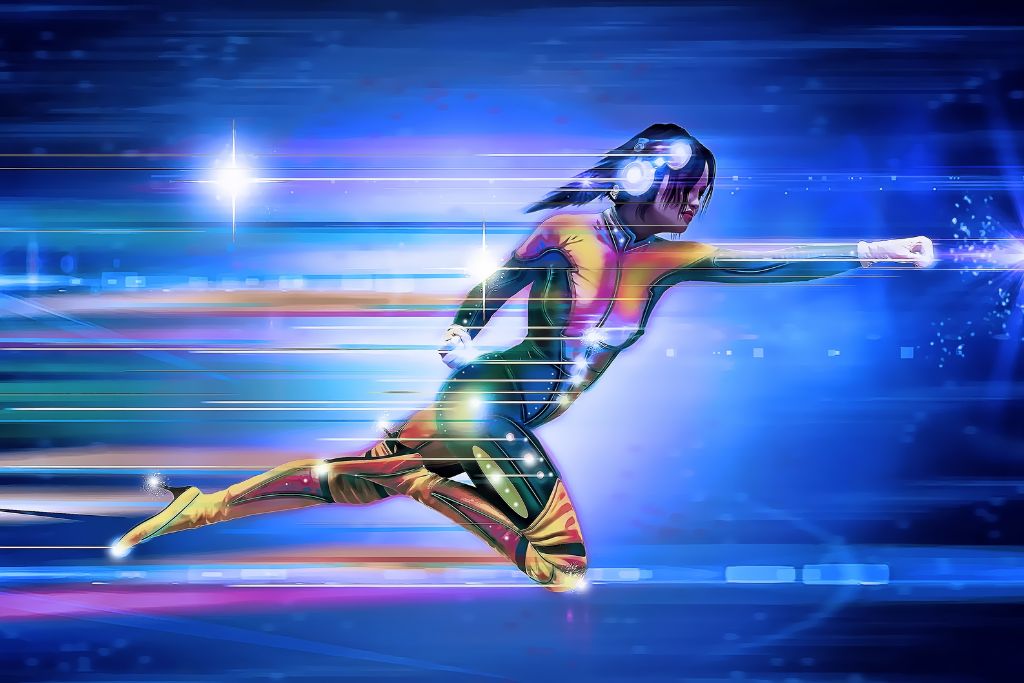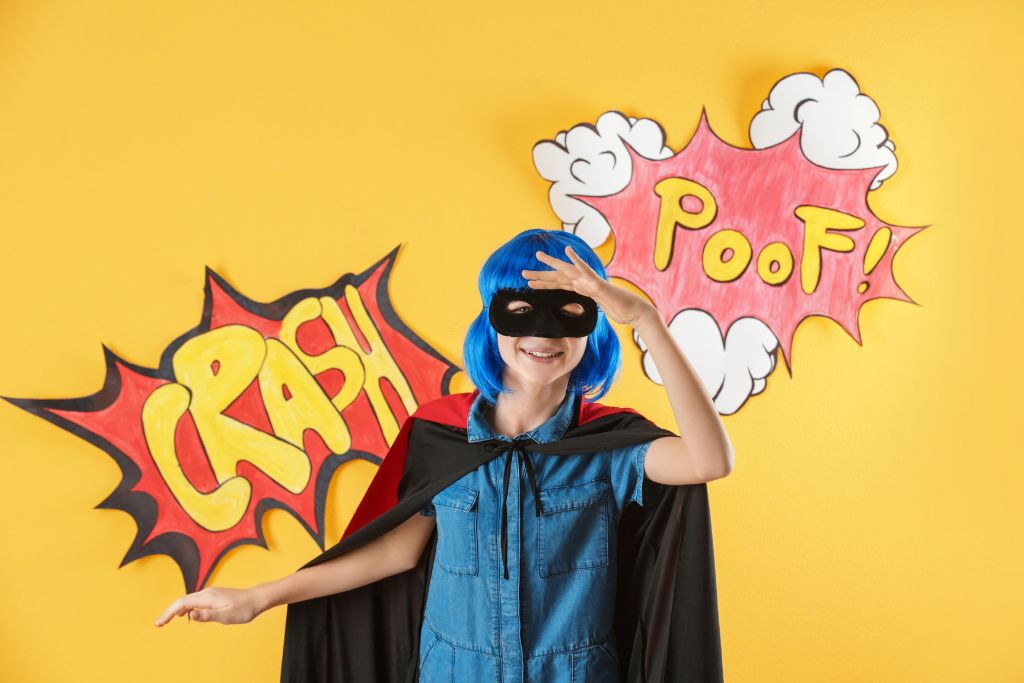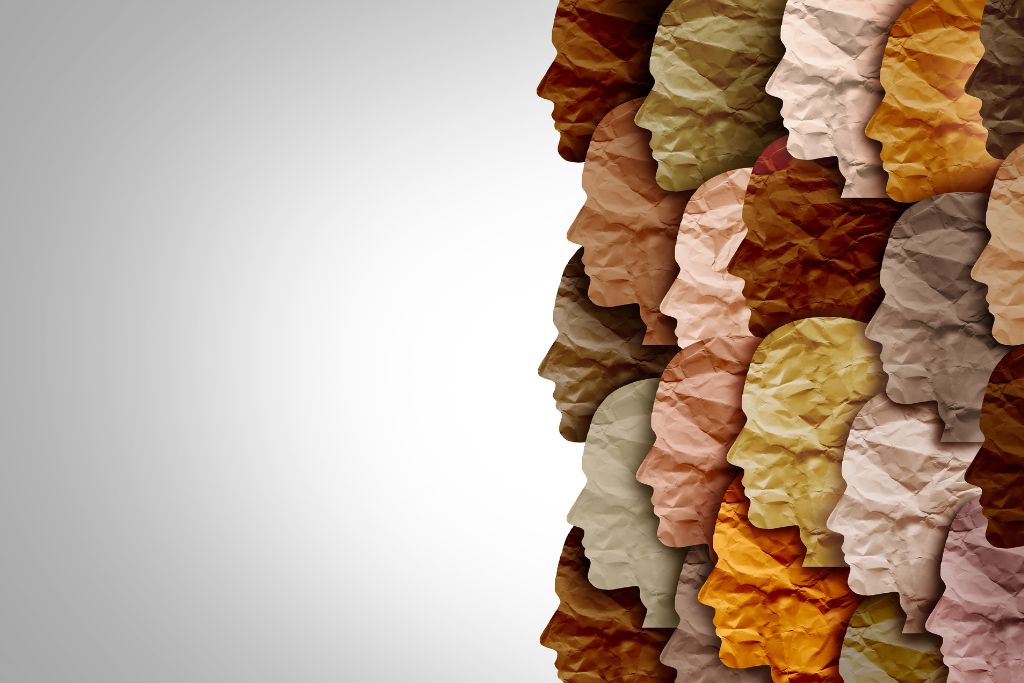Secret identities are an essential element for crimefighters, vigilantes, and superheroes. They’re used to protect a hero’s private life and loved ones from retaliation or exposure.
In recent years, however, the superhero genre has slowly been losing its hold on secret identities. It’s a shame, as this aspect of a character can make them more relatable.
Superheroes
Superheroes have a lot of powers that allow them to fight crime. They also have a strict moral code that they must follow to be considered heroes.
Secret identities sometimes called alter egos or disguises, are an important part of comic book storytelling. They’re usually used by superheroes to protect their loved ones or thwart villains.

However, it’s often a struggle for these heroes to keep their identities a secret. They’re tempted to lie about where they’re going and what they’re doing, but in the end, it doesn’t always pay off and people find out their true identity.
While it’s common for superheroes to have secret identities, it’s less common for villains. These villains may be wanted criminals who would face jail time if their identity was discovered, or they may have become famous or rich because of their secret evil powers.
Supervillains
Supervillains often have secret identities, though not always. They can be as simple as wearing a different mask than the hero, or they can have a complex identity that involves more than just a costume.
One of the most important defining traits of a supervillain is that they have a plan and ambition. They want to change the world, or at least get their hands on some power that will allow them to do so, and they will go to extraordinary lengths to achieve that goal.

It was this idea of a revolution that made Lex Luthor’s doppelganger, Alex, create a secret society (Infinite Crisis #4). They quickly found a group of bad guys to help them change the world the way they wanted. They included Dr. Psycho, Deathstroke, Talia, Black Adam, and the Calculator.
Secret Societies
Secret societies are groups of people who presumably share similar goals and whose activities are kept secret. These societies can range from charitable brotherhoods to revolutionary or secret political conspiracies.
In many cases, secret societies are characterized by initiations and other rituals, oaths, grips (handclasps), or signs of recognition between members. These are similar to those found in fraternities and college societies, but often with a less formal structure.

Some secret societies are centered around debate and extemporaneous speech; others focus on academic research such as biographies and living history projects. Historically, secret societies have been primarily white and male, but today, more of them are trying to recruit a wider variety of students.
Friends in High Places
One of the most important things about a superhero is their ability to keep their identity a secret. It can mean the difference between success and disaster. To make this possible, the superhero must know their friends and foes well, and oftentimes they have to rely on the help of others.
The best way to do this is to become part of a secret society, where the members will share information and advice to improve their odds of survival in the face of the big bad. A good example of this is the oh-so-famous DC Comics fan club, which is the brainchild of comic book writer and editor Vincent Fury. The fan club’s membership is a tight-knit group of like-minded people. Aside from its comic book-centric activities, the group is a lively social gathering with plenty of good times and great conversations to be had.

If you are a fan of the DC comics and have yet to check out the secret society in action, here’s your chance. You can do so by signing up for a membership here.




